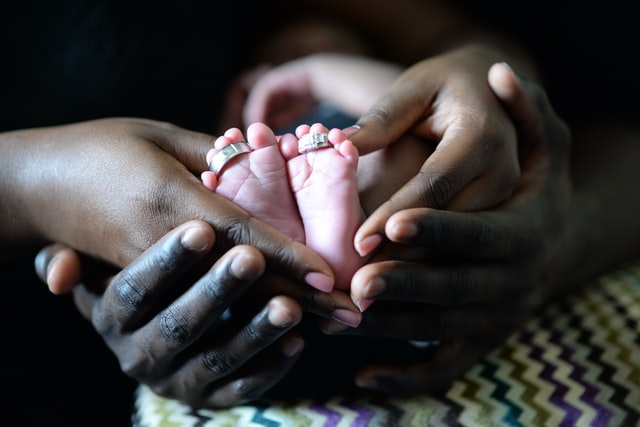|
What All That Touch Deprivation Is Doing To Us
By: Maham Hasan | NY Times | 10.06.2020 Some people have gone many months without touch: It was one of the first things we were cautioned against, even before social distancing, masks and stay-at-home orders became the new normal. And eventually, its absence can give way to touch deprivation, which can lead to health issues like anxiety and depression, according to Tiffany Field, the director of the Touch Research Institute at the University of Miami, who has a Ph.D. in developmental psychology. Dr. Field calls touch “the mother of all senses,” and in her 2001 book, “Touch,” she argues that American society was already dangerously touch deprived, long before the coronavirus exacerbated it. Read more |
Touch Starvation is a consequence of COVID-19's...
By: Shanley Pierce | Texas Medical Center | 05.15.2020 “Human beings are wired to touch and be touched. When a child is born, that is how they bond with their mother—through touch,” said Asim Shah, M.D., professor and executive vice chair of the Menninger Department of Psychiatry at Baylor College of Medicine. “Our wiring system has touch everywhere, so it’s difficult for us not to think about physical contact.” Touch starvation When physical contact becomes limited—or, in some cases, eliminated—people can develop a condition called touch starvation or touch deprivation. “When someone is [touch] starved, it’s like someone who is starved for food,” Shah said. “They want to eat, but they can’t. Their psyche and their body want to touch someone, but they can’t do it because of the fear associated with, in this case, the pandemic.” Read more... |
|
Tele: 346-400-3131
Email: [email protected]
Open 7 days a week | 9am - 7pm | By appt only
|
|
(c) 2020-24 TouchedbyAnnie. | All rights reserved
|
I do not offer manicures or massages
|
Proudly powered by Weebly
|

